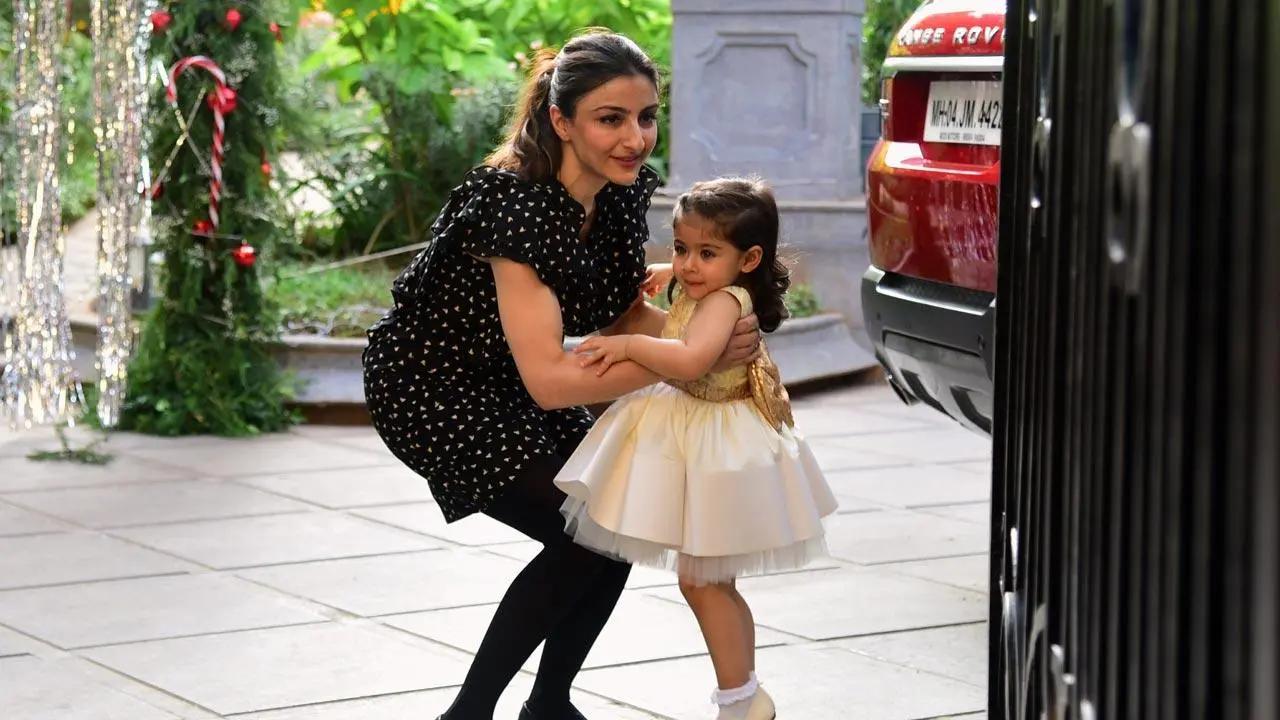
The Jawaharlal Nehru (JLN) Stadium in the heart of New Delhi has recently become a focal point of controversy following a weekend that saw over 70,000 attendees gather for two electrifying performances by renowned Punjabi singer, Diljit Dosanjh, as part of his Dil-Luminati music concert. The Sports Authority of India (SAI) issued a confident statement on Monday asserting that the venue was impeccably ready, contradicting the circulating videos on social media depicting post-event chaos marked by substantial piles of rubbish scattered throughout the grounds. Coinciding with its statement, SAI also released an image purporting to show the stadium’s state post-cleanup, aiming to reassure the public of their claims.
In stark contrast to SAI’s assertions, a visit by IANS reporters on Tuesday afternoon revealed a stadium still grappling with the aftermath of the event. The residual mess from the weekend’s concerts was conspicuously present, with visible signs of neglect across the stadium complex. The disassembling of temporary structures, situated close to the athletic track, was still ongoing at 3 PM. Crucially, this unkempt condition comes just days ahead of an Indian Super League (ISL) clash featuring Punjab FC against Chennaiyin FC, slated for Thursday, placing SAI’s claims under renewed scrutiny.
The contentious debate around the state’s stadium management is underlined by videos that have circulated widely on social media, showcasing areas strewn with litter and in desperate need of maintenance and cleaning. The jarring contrast between visual online evidence and SAI’s public statements has fueled an outcry among sports enthusiasts and the general public alike, resulting in heightened criticism of SAI’s stadium management practice.
SAI, which oversees all stadiums managed by the Central Government, maintained a firm stance, stressing that the contract with the concert organizers mandated the venue’s condition post-event to mirror its initial state prior to their use. “The organizers of Diljit Dosanjh’s concert booked the Jawaharlal Nehru Stadium up until October 28, 2024, at full rental charges to ensure comprehensive cleaning.
. Our contract clearly stipulated that they return the venue in the condition it was handed over,” claimed SAI, emphasizing that the “cleaning is already complete” despite evidence to the contrary.
Observers note that while SAI’s contractual reassurances are crucial, the execution appears to be faltering, possibly indicating oversight or disagreement between the stakeholders involved in the event’s management. The situation has drawn particular attention due to the potential repercussions on the upcoming ISL match, where the condition of the stadium is crucial for player safety and spectator enjoyment.
The broader implications of this incident touch on the operational effectiveness of large venues managing consecutive major events, especially in cities like New Delhi where national and international events frequently overlap. It’s not just the concerts or sporting events but the turnover time and quality of facilities maintenance that become key metrics of success for organizations such as SAI.
In conclusion, as stakeholders await further comment from SAI and potentially the event organizers, the discrepancy between stated compliance and observed conditions at the Jawaharlal Nehru Stadium invites introspection and review of management processes. Ensuring proper upkeep and readiness of such prestigious venues, particularly those under government jurisdiction, remains an essential priority in maintaining standards and public trust.
This story has been prepared using information gathered from a syndicated feed and external agencies. The publication remains free from responsibility concerning the reliability or data accuracy of the initial content. Editorial discretion is retained for any modifications deemed appropriate.










